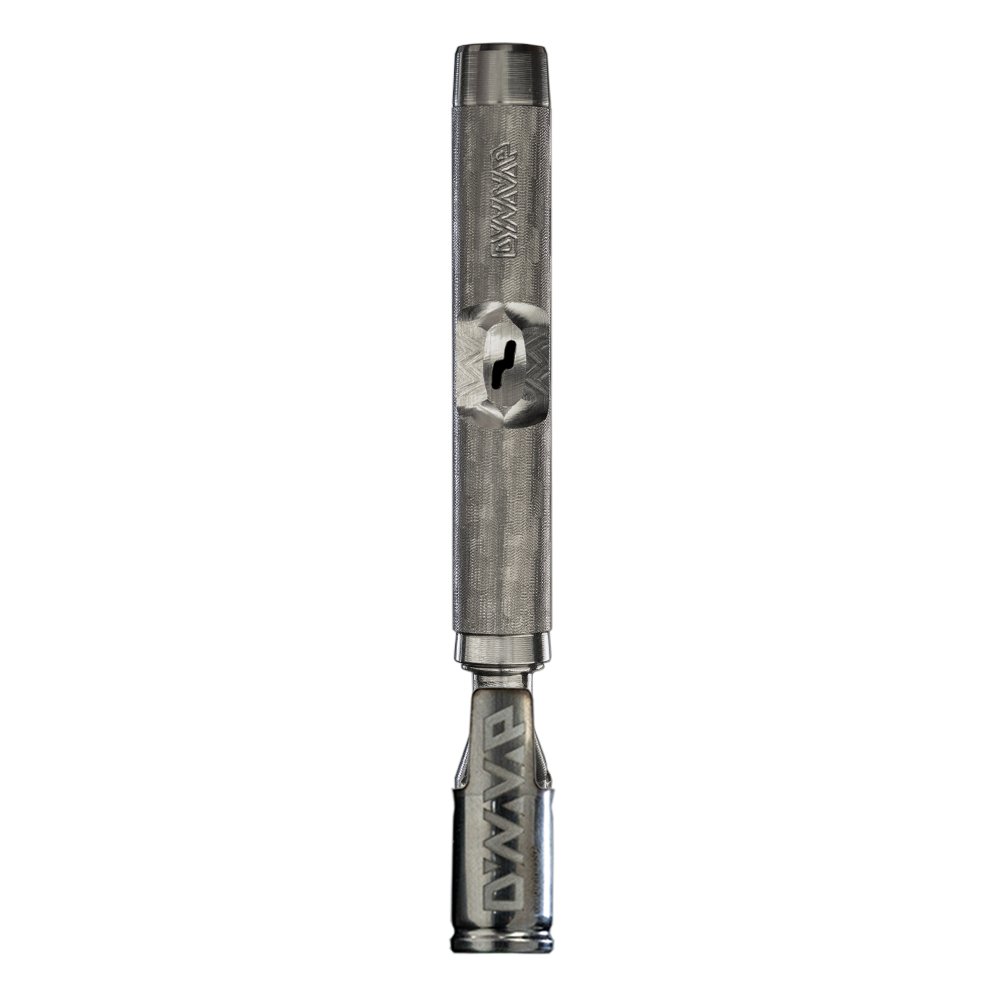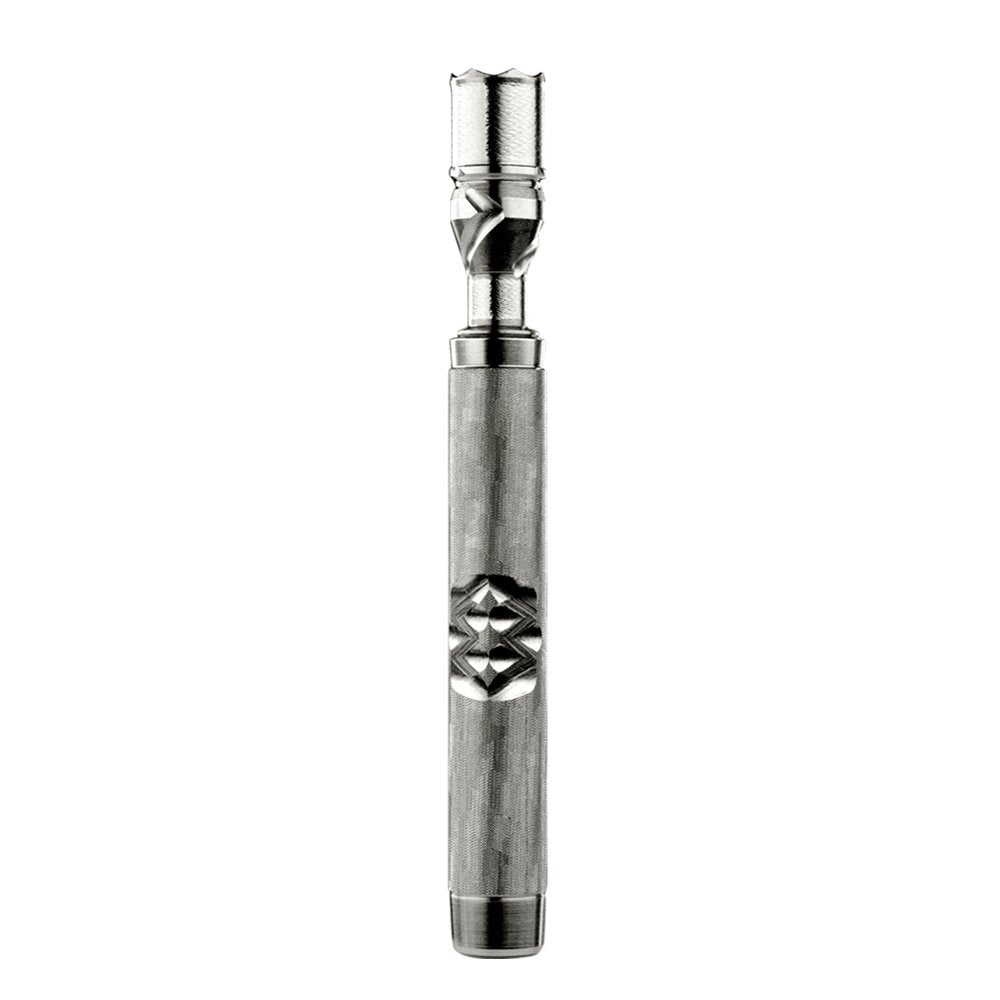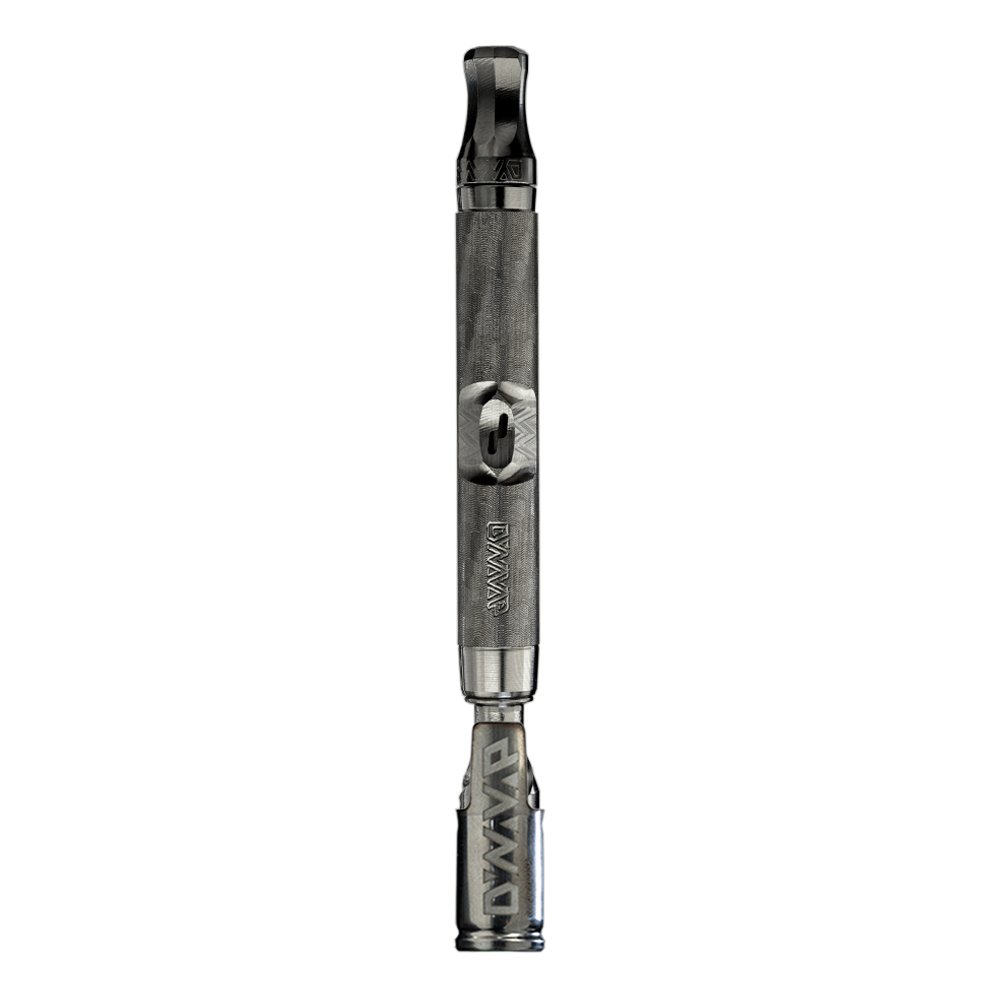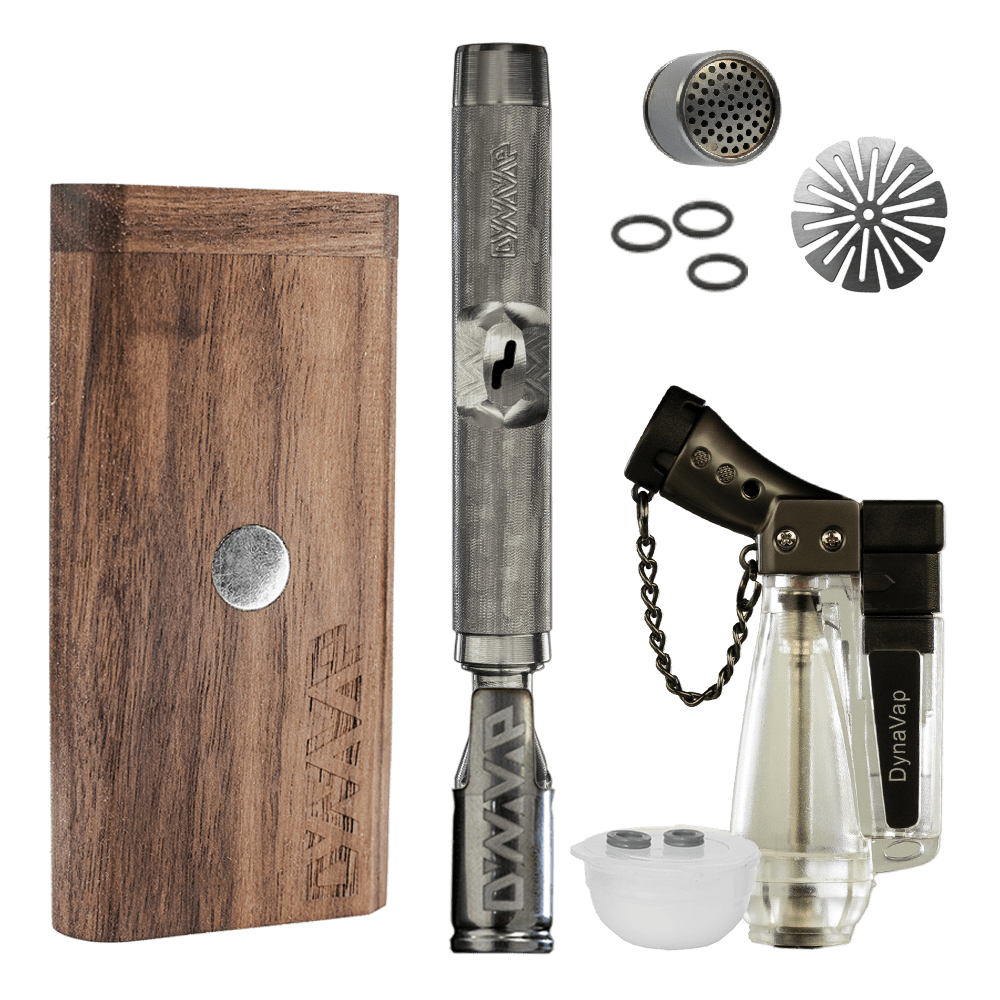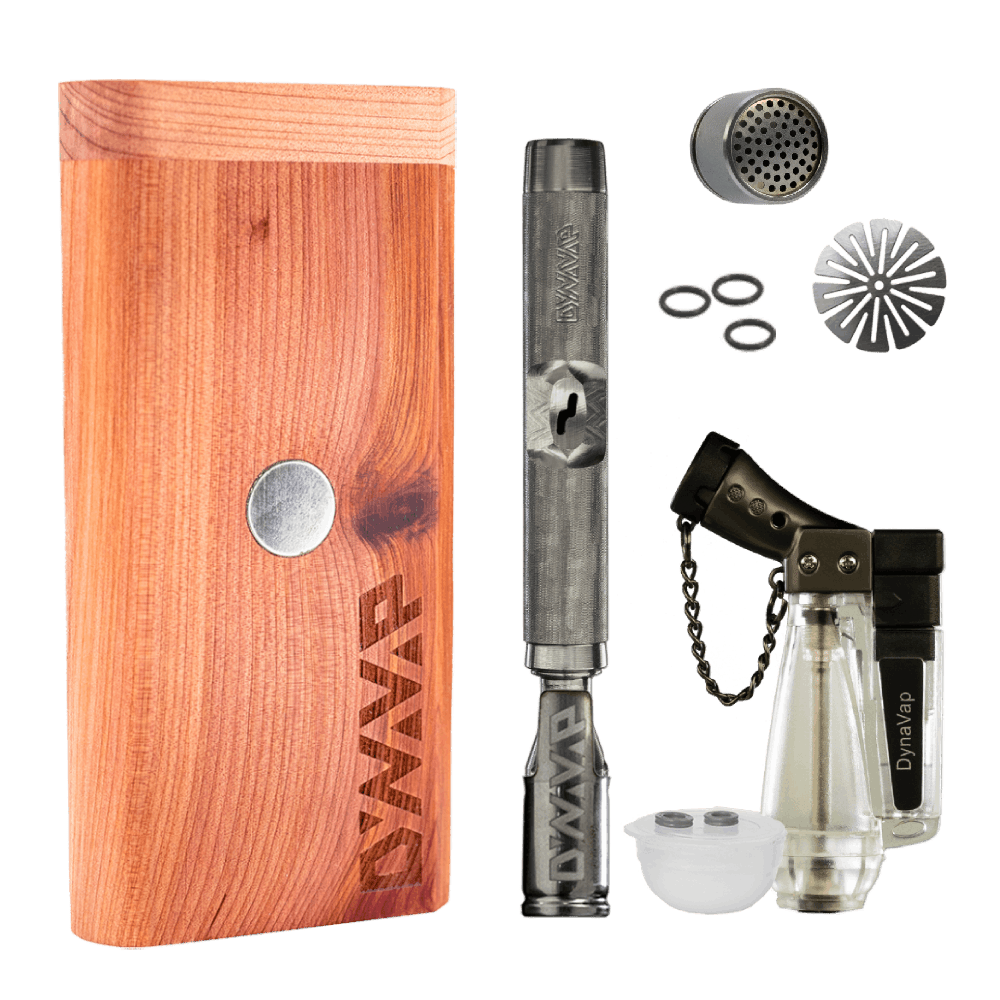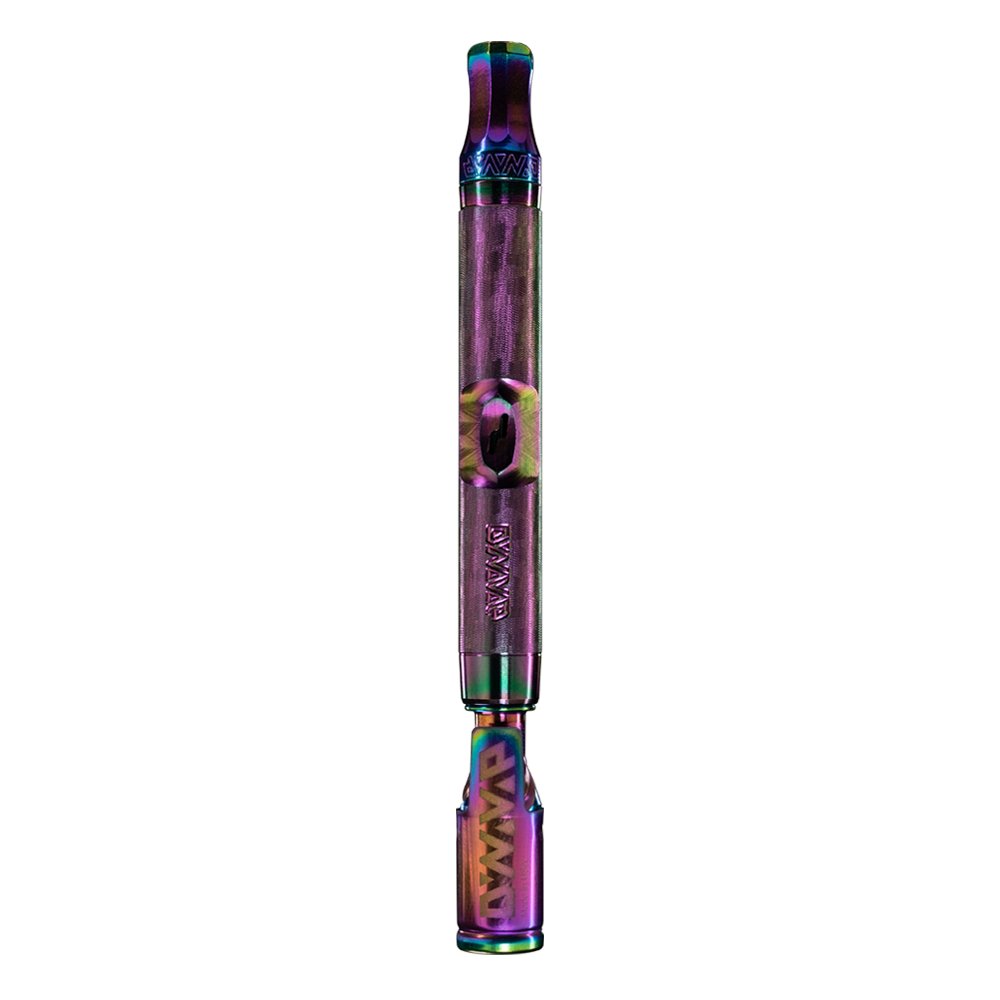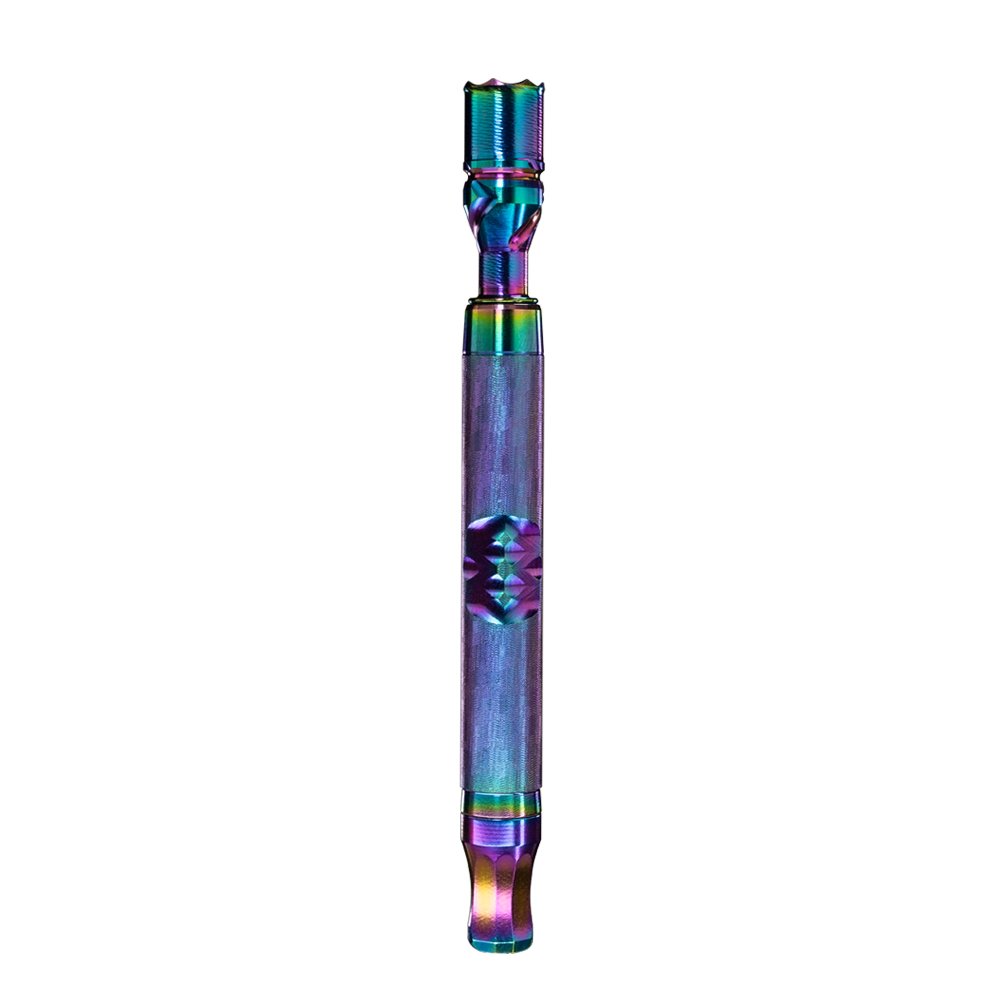The conversation around cannabis and its beneficial effects on the human body has evolved in recent years, sparking curiosity in medical and everyday discussions. The central question to this conversion is: Does weed increase serotonin levels? This question dives into the realms of mental health, overall well-being, and the therapeutic potential of marijuana.
Serotonin, often called the "feel-good neurotransmitter," stands at the forefront of regulating our mood, emotions, and other bodily functions. Its levels and activity in the brain link to conditions like depression, anxiety disorders, and bipolar disorder. Given the increasing focus on these conditions in the United States, it's important to understand how these substances interact with serotonin.
The relationship between cannabis and serotonin is complex and multifaceted, and emerging research offers interesting insights into this relationship. With the growing legalization of medical marijuana and the increased use of cannabis, it's crucial to point out what we know, what we don't, and where further research is needed surrounding this topic. At DynaVap, we are here to guide you through the journey of cannabis, offering solutions and insights for having more enjoyable vaping experiences.
Understanding The Impact of Serotonin and Weed
Serotonin is a neurotransmitter with significant influence over our mental and emotional state. It's often labeled as the "happiness chemical", and it sends signals between nerve cells to regulate mood, sleep, appetite, and even digestion. When serotonin levels are balanced, we generally feel happier, calmer, and more focused. However, when these levels are disrupted, it leads to a spectrum of challenges with mental illness such as depression and anxiety. Understanding serotonin's role is important because it plays a big role in maintaining our overall psychological balance and well-being.
The Interaction of THC and CBD with Serotonin Receptors
The interaction of cannabis and serotonin involves a balance between the different compounds found in weed and the serotonin receptors in the brain. THC is known for its psychoactive effects, the ones that create the high associated with marijuana use. Alternatively, CBD is a non-psychoactive substance that has therapeutic benefits.
Both these compounds interact with the body's endocannabinoid system, which shares a close relationship with the serotonin system. THC binds with cannabinoid receptors in the brain, which influences the release and uptake of serotonin. This has the potential of altering your mood and emotional responses. CBD doesn't bind directly to these receptors and is believed to influence other receptors responsible for regulating serotonin levels.
What Science Says About Cannabis and Serotonin
The scientific community actively explores how cannabis affects serotonin levels. Some studies suggest that THC is a serotonin booster in certain circumstances, offering relief from anxiety and depressive symptoms. On the other hand, some research indicates that heavy, consistent use of weed leads to decreased serotonin activity in the brain, which can trigger mood disorders.
Scientists also analyze CBD products for their potential antidepressant effects. Research indicates that CBD might boost serotonin levels by altering the response of serotonin receptors. However, the full extent of its impact is still unknown.
Research on Cannabis and Serotonin
As we mentioned, there are two primary active compounds in cannabis: THC and CBD. THC, also known as delta-9-tetrahydrocannabinol, directly interacts with your brain chemistry. This potentially impacts the release of serotonin in your body. In contrast, CBD's non-psychoactive properties might lead to different, more adverse outcomes.
Examining Cannabis's Role in Serotonin Reuptake
The role of cannabis becomes even more intricate when we consider dosage levels. Studies from McGill University suggest that low doses of THC might positively affect serotonin levels, others worry that frequent consumption at higher doses could push you off balance. This is an important consideration, especially for individuals wanting to use cannabis as a therapeutic method for mood regulation.
Highlighting Potential Risks and Side Effects
It's important to understand the potential risks associated with cannabis use, especially regarding your serotonin levels. While the risk of serotonin syndrome remains a topic of investigation in the context of cannabis use, it's an important consideration, especially when combining cannabis with other serotonin-affecting substances. Mood fluctuations and impacts on existing health conditions are also important factors to consider. It's important to have a balanced perspective when considering cannabis as a part of your mental health management.
Finding Balance with Marijuana and Serotonin
It's evident that the components of cannabis like THC and CBD interact with our brain's serotonin system. The varying effects based on dosage, individual physiology, and the mixed findings from research highlight the need for a cautious approach when considering weed as a form of medical cannabis or for enjoyment. While cannabis has the potential to influence your serotonin levels, its use must be approached with knowledge, care, and responsibility.
DynaVap's Role in Cannabis Consumption
As the conversion around cannabis and mental health evolves, the spotlight turns to more responsible consumption methods. DynaVap plays a role here, offering a unique and innovative approach to cannabis vaping. Our dry herb vaporizers provide a controlled and natural experience, a crucial aspect when considering the impact of cannabis on your serotonin levels.
Why Use DynaVap Dry Herb Vaporizers?
DynaVap's vaporizers stand out in the market for several reasons. Firstly, they allow you to control the amount of herbs or concentrate you use with each hit. This precise control helps mitigate the risks of overconsumption and adverse effects. Also, DynaVap's products are designed to maximize the flavor and efficiency of cannabis consumption, ensuring that users get the most flavor and enjoyment out of their vaping experience.
One of our key commitments is offering a cleaner alternative to traditional cannabis smoking. Our dry herb vaporizers minimize the inhalation of harmful byproducts often associated with combustion. At DynaVap, our mission goes beyond just selling a product; it's about advocating for and facilitating responsible cannabis use. Our organization's commitment to quality and safety reflects an understanding of the complexities involved in using cannabis.
“This blog is for informational purposes only and does not constitute medical advice. The information included here is not a substitute for professional medical advice. Always talk to your healthcare provider about the risks and benefits of any treatment.”
Resources:
- “Can Medical Marijuana Treat Depression?” Healthline. https://www.healthline.com/health/depression/medical-marijuana-for-depression#risks-and-warnings
- CBD vs. THC: What’s the Difference?” WebMD. https://www.webmd.com/pain-management/cbd-thc-difference
- DynaVap. https://www.dynavap.com/
- “Study: Cannabis a double-edged sword.” McGill University. https://www.mcgill.ca/newsroom/channels/news/study-cannabis-double-edged-sword-27677
- “Serotonin.” Cleveland Clinic. https://my.clevelandclinic.org/health/articles/22572-serotonin/
- “The Link Between Marijuana and Serotonin.” Cannapproval. https://cannapproval.com/marijuana-and-serotonin/







